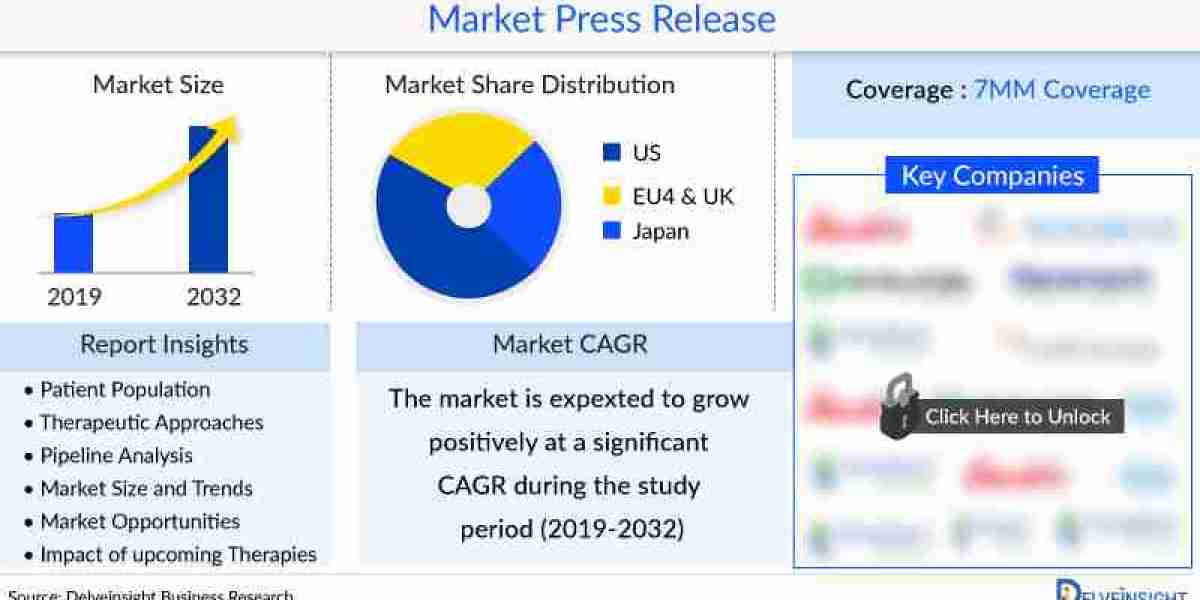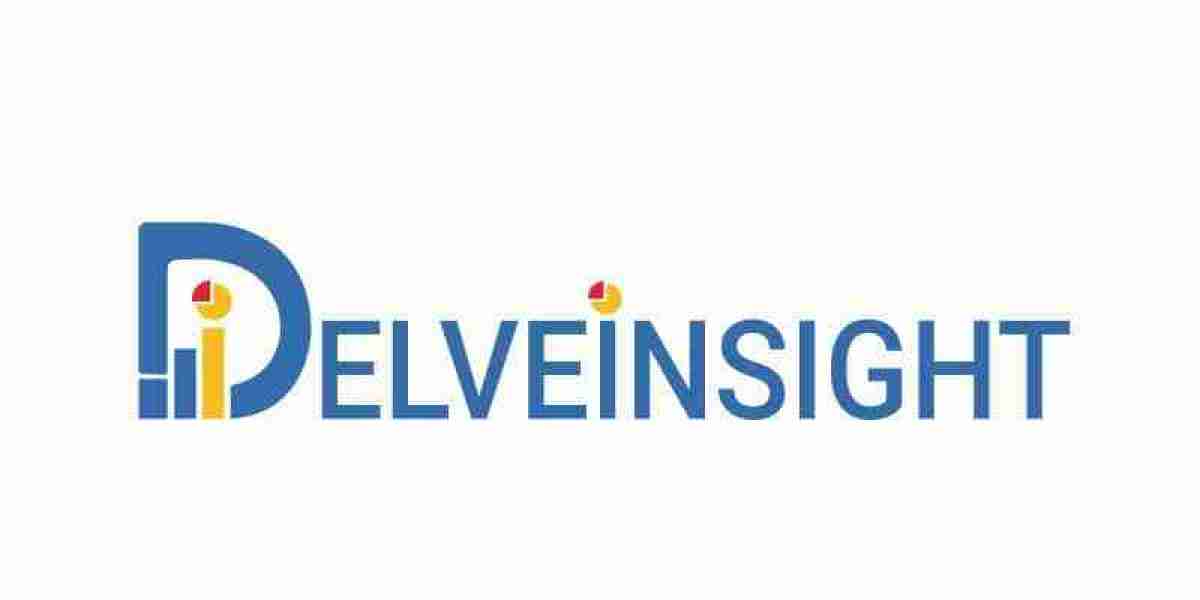This article explores the current trends and growth drivers shaping the myocardial infarction market, including recent innovations in treatment, the increasing adoption of novel therapies, and the growing focus on heart health.
Market Trends
Advances in Diagnostic Technologies: Early detection and rapid diagnosis are crucial to reducing mortality and morbidity associated with myocardial infarction. Over the years, advancements in diagnostic technologies, such as high-sensitivity cardiac troponin tests, magnetic resonance imaging (MRI), and coronary angiography, have revolutionized how heart attacks are diagnosed. Moreover, non-invasive imaging and biomarker testing are gaining popularity as they provide more accurate and timely diagnoses without the need for invasive procedures.
Minimally Invasive Procedures and Enhanced Interventional Therapies: Interventional cardiology has seen significant advancements with the adoption of minimally invasive techniques, such as percutaneous coronary intervention (PCI) and angioplasty. These procedures, which involve inserting a catheter to clear blocked arteries, have become the standard of care for treating MI, offering faster recovery times and fewer complications compared to traditional surgery. Additionally, the introduction of drug-eluting stents has improved patient outcomes by preventing restenosis (re-narrowing of blood vessels) after angioplasty.
Rise in Acute and Chronic MI Care: The myocardial infarction market is evolving with a growing emphasis on both acute and chronic care. While the immediate treatment of an acute MI episode is critical, chronic care management for survivors is also becoming increasingly important. Long-term therapies, including beta-blockers, angiotensin-converting enzyme (ACE) inhibitors, antiplatelet drugs, and statins, are commonly prescribed to reduce the risk of recurrence and improve overall heart health post-MI.
Personalized and Precision Medicine: As the understanding of cardiovascular diseases deepens, there is a growing trend toward personalized medicine. This approach tailors medical treatment based on individual genetic profiles, comorbid conditions, and lifestyle factors. For myocardial infarction patients, this means a more targeted approach to drug selection, risk assessment, and long-term management. Advances in genomics and biomarker identification are expected to lead to the development of more effective therapies with fewer side effects, optimizing outcomes for MI patients.
Increasing Use of Regenerative Medicine: Emerging therapies focused on regenerative medicine are gaining traction in the myocardial infarction market. Stem cell-based therapies, gene therapy, and tissue engineering are being explored to repair and regenerate damaged heart tissue. These innovative treatments aim to restore heart function, reduce scar tissue formation, and improve the long-term prognosis of MI patients. Clinical trials are ongoing to assess the safety and efficacy of these treatments, with positive results expected to drive future growth in the market.
Digital Health and Remote Monitoring: The integration of digital health technologies and remote monitoring systems in MI care is another growing trend. Wearable devices, mobile apps, and telemedicine platforms are being used to monitor patients' cardiovascular health, track key indicators like heart rate and blood pressure, and alert healthcare providers in case of any abnormalities. This enables early intervention and better management of heart disease, contributing to improved outcomes for myocardial infarction patients, especially in rural or underserved areas.
Request for sample report @ Myocardial Infarction Market
Growth Drivers
Aging Global Population: The aging population is one of the primary growth drivers of the myocardial infarction market. As people age, the likelihood of developing cardiovascular conditions, including coronary artery disease, increases significantly. According to the World Health Organization (WHO), the global population aged 60 years and older is expected to nearly double by 2050, which will result in a corresponding increase in the incidence of myocardial infarction and related cardiovascular diseases.
Prevalence of Risk Factors: The rise in lifestyle-related risk factors, including unhealthy diet, physical inactivity, obesity, smoking, and high alcohol consumption, is leading to a surge in cardiovascular diseases, including myocardial infarction. Additionally, the increasing prevalence of chronic conditions such as hypertension, diabetes, and dyslipidemia further heightens the risk of heart attacks. The growing recognition of these risk factors is driving both preventive care initiatives and the demand for treatment options.
Improved Access to Healthcare and Early Interventions: As healthcare systems in both developed and emerging markets improve, patients have greater access to life-saving treatments for myocardial infarction. Early interventions such as thrombolysis (clot-busting drugs) and PCI procedures, along with improved access to cardiac rehabilitation programs, are reducing mortality and enhancing the quality of life for MI patients. Additionally, the global increase in healthcare expenditure, particularly in low- and middle-income countries, is expected to expand the reach of these advanced treatments to more patients.
Government Initiatives and Awareness Campaigns: Governments and health organizations are increasingly focusing on raising awareness of heart disease risk factors and promoting heart health. Public health campaigns, as well as the implementation of preventive programs targeting diet, exercise, and smoking cessation, are driving demand for interventions and treatments for myocardial infarction. Funding for cardiovascular research and the development of new therapies is further accelerating market growth.
Advances in Cardiovascular Research: Ongoing research in cardiovascular disease mechanisms is providing new insights into how myocardial infarction can be better treated and prevented. Research into new drug classes, including antithrombotic agents, cholesterol-lowering therapies, and anti-inflammatory drugs, is expected to result in novel treatments that improve patient outcomes. The rise of biologics and targeted therapies for heart attack prevention and recovery is also contributing to market growth.
Technological Innovations in Surgical and Interventional Procedures: Advances in surgical techniques, such as robot-assisted coronary artery bypass surgery (CABG) and minimally invasive valve repair surgeries, are improving patient outcomes and reducing recovery times. Furthermore, innovations in stent technology, bioabsorbable stents, and cardiac imaging systems are enhancing the accuracy of diagnoses and treatment precision, leading to improved patient prognosis and recovery following a heart attack.
Request for sample report @ Myocardial Infarction Market
Competitive Landscape
The myocardial infarction market is characterized by the presence of major players across pharmaceuticals, medical devices, and diagnostics. Some of the leading companies contributing to market growth include:
Bristol-Myers Squibb: Known for its cardiovascular portfolio, including Eliquis (apixaban) and other anticoagulants, which are used in the prevention of stroke and systemic embolism in MI patients.
Pfizer: A leader in the cardiovascular space, Pfizer offers statins like Lipitor, and other treatments targeting cholesterol management and heart disease prevention.
Medtronic: A key player in the myocardial infarction market, Medtronic provides stents, balloon catheters, and cardiac monitoring devices, playing a significant role in interventional therapies for MI.
Abbott Laboratories: Abbott offers a range of products, including stent devices, drug-eluting stents, and diagnostic tools for the early detection and management of myocardial infarction.
Boston Scientific: Specializing in interventional cardiology, Boston Scientific offers a wide range of products for the treatment of coronary artery disease and myocardial infarction, including stents, balloon angioplasty catheters, and coronary imaging systems.
Market Forecast
The myocardial infarction market is expected to witness substantial growth in the coming years. The global market is projected to grow at a CAGR of 5-7% from 2023 to 2034, driven by the increasing incidence of cardiovascular diseases, the growing demand for advanced diagnostic and therapeutic solutions, and ongoing advancements in heart attack treatment and management. By 2034, the myocardial infarction market is expected to exceed USD 60 billion.
Request for sample report @ Myocardial Infarction Market
Conclusion
The myocardial infarction market is poised for significant expansion, driven by advances in diagnostic technologies, interventional therapies, personalized treatments, and improved access to healthcare. As the global burden of cardiovascular diseases continues to rise, particularly in aging populations and individuals with chronic conditions, the demand for innovative solutions to manage and treat myocardial infarction will continue to grow. With ongoing research and technological advancements, the future of myocardial infarction care looks promising, offering new hope for patients worldwide.
Latest Report Offered By DelveInsight:
Benefits Of Robotics In Healthcare | Lewy Body Dementia | Energy Based Aesthetic Devices Market | Ependymoma Market | Fertility Monitoring Devices Market | Germ Cell Tumor Market | Hernia Repair Devices Market | Hot Flashes Market | Implantable Cardioverter Defibrillators Market | Keloid Market | Orthopedic Power Devices Market | Pouchitis Market | Surgical Sealant Market | Transthyretin Amyloidosis Market | Vascular Graft Devices Market | Lip And Oral Cavity Cancer Market | Sinus Dilation Devices Market | Inguinal Hernia Market | Plaque Psoriasis Market | Plasmodium Vivax Malaria Market | Hdac Inhibitors Market | Peritoneal Dialysis Equipment Market | Adenosine Deaminase-severe Combined Immunodeficiency Market | Bone Resorption Market | Pelvic Inflammatory Disease Market






